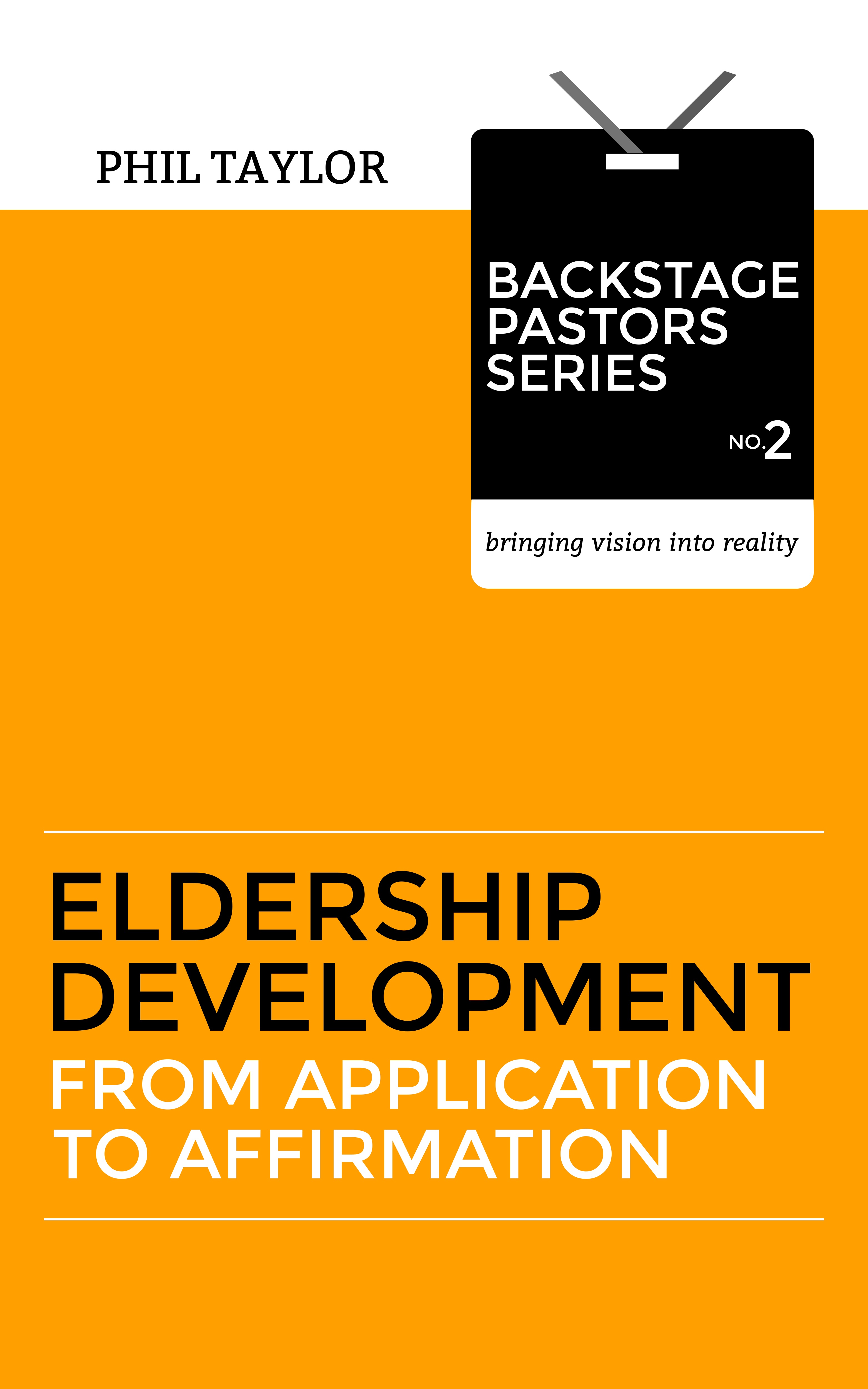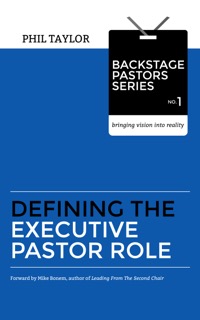Have you ever considered those items that are foundational to your being an engaging leader? You need to. Because no one ever drifts into healthy leadership practices. What are your “go to’s”?

In past posts, we have looked at some of the essentials of what I “carry with me” in order to have a vibrancy and robustness in interacting with people and projects: indispensable reads, personal character traits, and apps that I use that are getting it done for me.
What I am considering in today’s post are probably some of the more vital tools in my leadership tool belt. I would consider these “make or break” type skill sets in leading people. I have had success at both; I have had miserable failure at both. And it would be helpful to ponder each of these and see where you are on the continuum.
Each of these relates to how I receive information from others. It is easy to think as a leader that one of my most used talents should be in the art of speaking: clarifying direction, providing feedback, affirming vision. And though these certainly are valuable to me as a leader, I have also learned to understand the importance and the worth of listening. So today I want to lay out two specific listening situations: receiving feedback and getting the whole story.
1. Receiving critical feedback
I’ll be honest – it is not easy for me to receive criticism from others, whether it be friend of foe. My pride likes to rise up and defend myself or present my image in a more favorable light. If I am not able to receive criticism, then the truth is that I need to step out of leadership. Because much of leadership is living in a “fishbowl” environment where your intentions or actions come under scrutiny.
There have been times in leadership where I have been critiqued and decided to protect my reputation rather than hear the concerns of another. And though I may not have stated it verbally, my words really said, “Don’t you realize I am the leader and you have no right to question my motives or actions?”
And let me tell you how that ended – very poorly. In fact, I just shut down that person from ever coming to me again about their concerns.
Proverbs 15:31 says this:
If you listen to constructive criticism, you will be at home among the wise. (NLT)
God has had to change me in this area and is still changing me. I desperately want to create an environment where others feel as if they have the open door to approach me about me. And that they can walk away from the conversation feeling heard and affirmed as a family member or coworker. Isn’t that one reason why humility has such a great aroma with others?
The gospel frees me from having to defend myself. After all, I know that I am a broken individual. You know it as well. I just need to get over myself. And the gospel frees me to display a gracious spirit even when I am critiqued…even if the statements are not accurate.
Receiving critical feedback in a gracious manner is imperative to effective leadership.
2. Getting the whole story
Ugh…how many times have I listened to one person’s take on a situation and gotten all jacked up over it? And then only to find out that there were a few small details that I did not know that would have changed my perception?
Too many times.
If I am to be a leader that moves situations to reconciliation, I simply cannot be one whose emotions rise and fall with every story of “injustice” that is told to me.
Hear the other side.
It is not surprising that people see events and circumstances through their own lens. And that lens shapes perceptions and responses. I know because I do it. And so when someone comes to me all worked up over a situation, my temptation is to side with that individual and “go on the warpath.”
But then I am reminded… “Antone, remember the last time that you jumped to a conclusion and how that turned out?”
Talk about a yank back to reality.
I need to listen with empathy, hear the person out, and keep my responses in check. And whatever parties are also involved? Speak to them as well with the same patience and earnestness that I gave to the first party. Because more than likely there are additional details that give a fuller picture of what is going on. And that fuller picture allows me to make best decisions with people that lead to growth instead of reactionary ones that lead to frustration.
And in conclusion…
Don’t underestimate these. These are not leadership traits that you hear on the forefront of emotional, passionate, and charismatic influence or authority. But if you do not pay attentions to these two forms of listening, you will most likely end up with a ring of people around you who talk about you rather than a group of followers who will give their blood, sweat, and tears because they have a leader who puts their welfare first.











